Herpes Simplex Virus
The Herpes Simplex Virus (HSV) is a prevalent viral infection, presenting as either HSV-1 or HSV-2. Importantly, both strains can lead to significant physical and emotional challenges. Therefore, understanding HSV is essential for effective management. This article will explore the virus in detail, covering its symptoms and treatment options. Moreover, we will emphasize Ayurvedic methods as alternative approaches to care. By examining these aspects, individuals can gain a comprehensive understanding of HSV and find better ways to manage it through conventional and holistic methods.
What is Herpes Simplex Virus?
The Herpes Simplex Virus (HSV) comes in two types: HSV-1 and HSV-2. While HSV-1 primarily causes oral herpes, often seen as cold sores, HSV-2 is typically linked to genital herpes. However, both types can cause infections in either area. Importantly, HSV-1 and HSV-2 are highly contagious and can be transmitted through direct contact with an infected person, even when no visible symptoms are present. Understanding the differences between these two types is key to managing and preventing outbreaks.
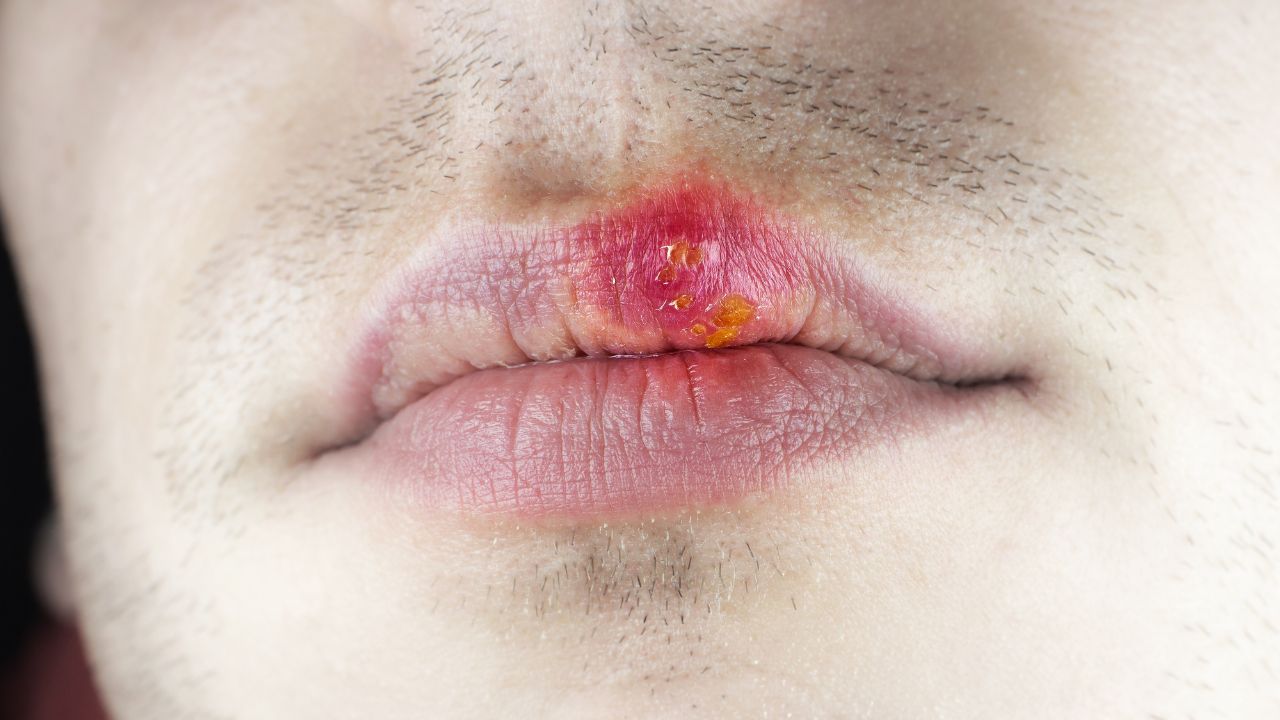
Symptoms of HSV
The symptoms of HSV can vary widely among individuals. Some may experience severe outbreaks, while others remain asymptomatic. Common symptoms include:
- Fluid-filled blisters
- Painful ulcers
- Itching or burning sensation
- Flu-like symptoms during the body and may reactivate due to various triggers.
Triggers for HSV Reactivation
Understanding the triggers for HSV reactivation is crucial for managing the condition. Some common factors include:
- Emotional stress
- Exposure to sunlight
- Sleep disturbances
- Smoking
- Alcohol consumption
These factors can weaken the immune system, allowing the virus to reactivate and cause symptoms to reappear.
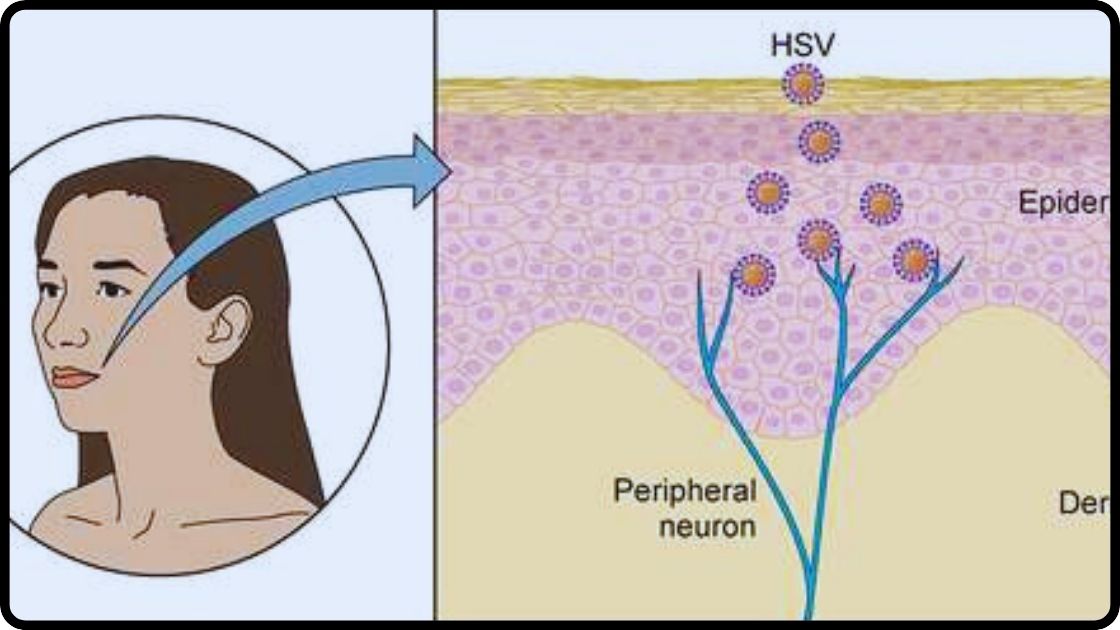
Ayurvedic Approach to HSV Treatment
Ayurveda, an ancient Indian system of medicine, offers a holistic approach to treating HSV. By focusing on natural remedies, Ayurveda aims to reduce outbreaks.
Key Ayurvedic Remedies
Several natural remedies have shown promise in managing HSV symptoms effectively. Here are some of the most notable:
- Pomegranate Extract: Research indicates that pomegranate peel and juice extracts contain bioactive compounds such as gallic acid and quercetin that may inhibit HSV replication.
- Vitamin C: This powerful antioxidant boosts the immune system, enhancing the body’s ability to combat viral infections.
- Herbal Supplements: Various herbal preparations, including those from the pomegranate fruit, can provide antiviral properties while promoting overall health.
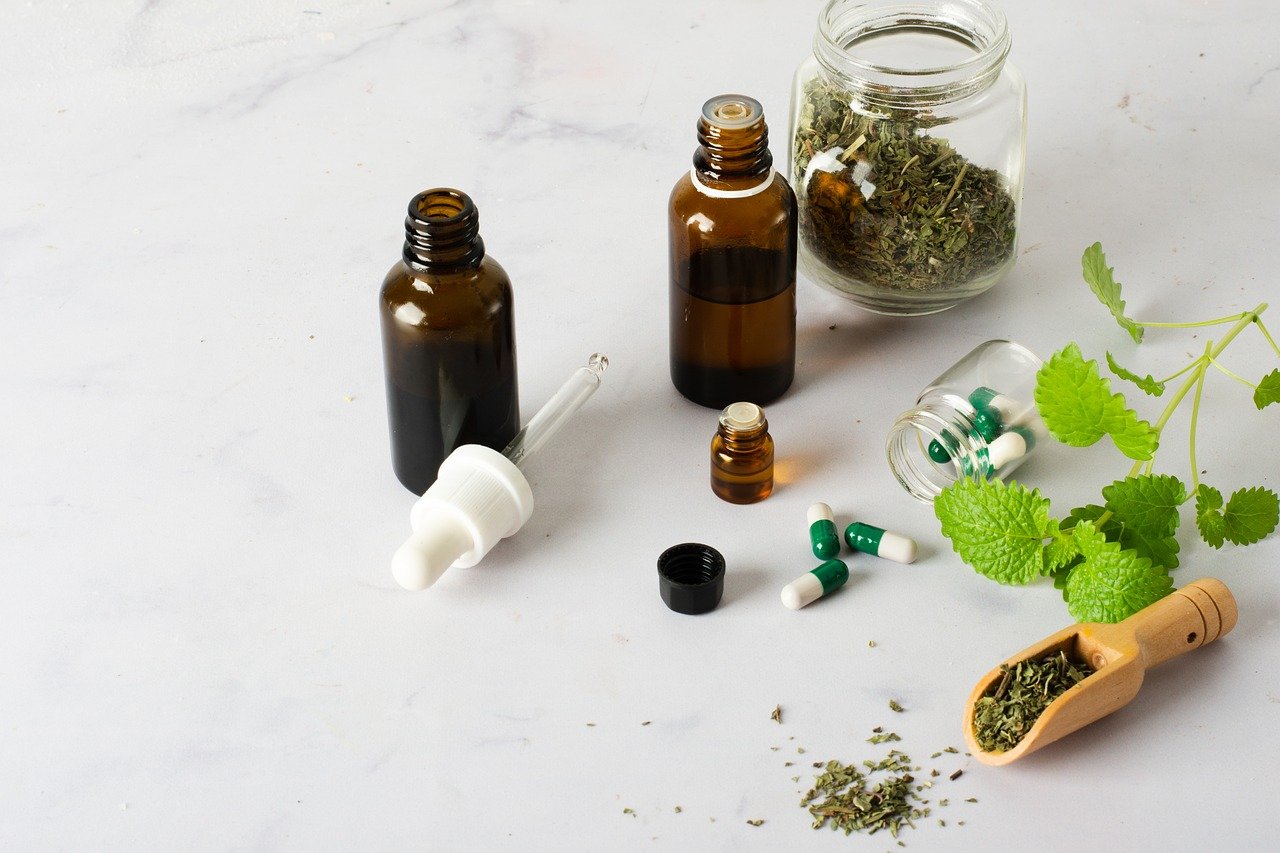
Dietary Considerations
Managing supports the immune system. Recommended dietary choices include:
- Fruits and vegetables
- Nuts and seeds
- Whole grains
- Lean proteins
Improve health and reduce outbreaks.
Preventive Measures Against Herpes Simplex Virus (HSV)
While no definitive cure for HSV exists, certain preventive measures can help manage the infection more effectively. transmission
- Avoiding contact with sores during an outbreak
- Managing stress through relaxation techniques
- Maintaining a healthy lifestyle with regular exercise
By adopting these strategies, individuals can minimize the impact of HSV on their lives.
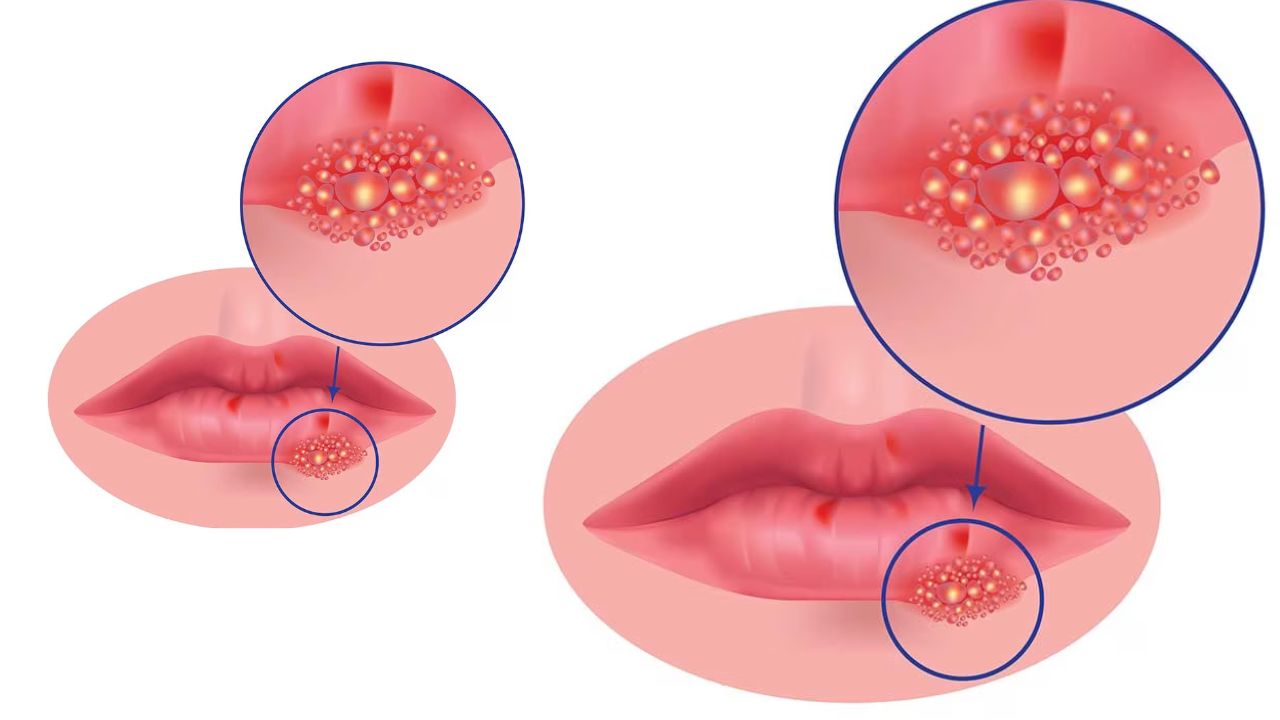
Conclusion
Herpes Simplex Virus, while common, can pose significant challenges for those affected. Understanding the virus, its triggers, and effective treatment options, particularly through Ayurvedic practices, can empower individuals to manage their health better.
Emphasizing a holistic approach that includes dietary changes, stress management, and natural remedies can significantly enhance one’s quality of life. If you suspect you have HSV or are experiencing symptoms, consulting a healthcare professional is essential for personalized guidance.
Discussing Apple Products:
If you’re looking to upgrade your current device, check out our Top Deals on Apple Products for some incredible discounts.
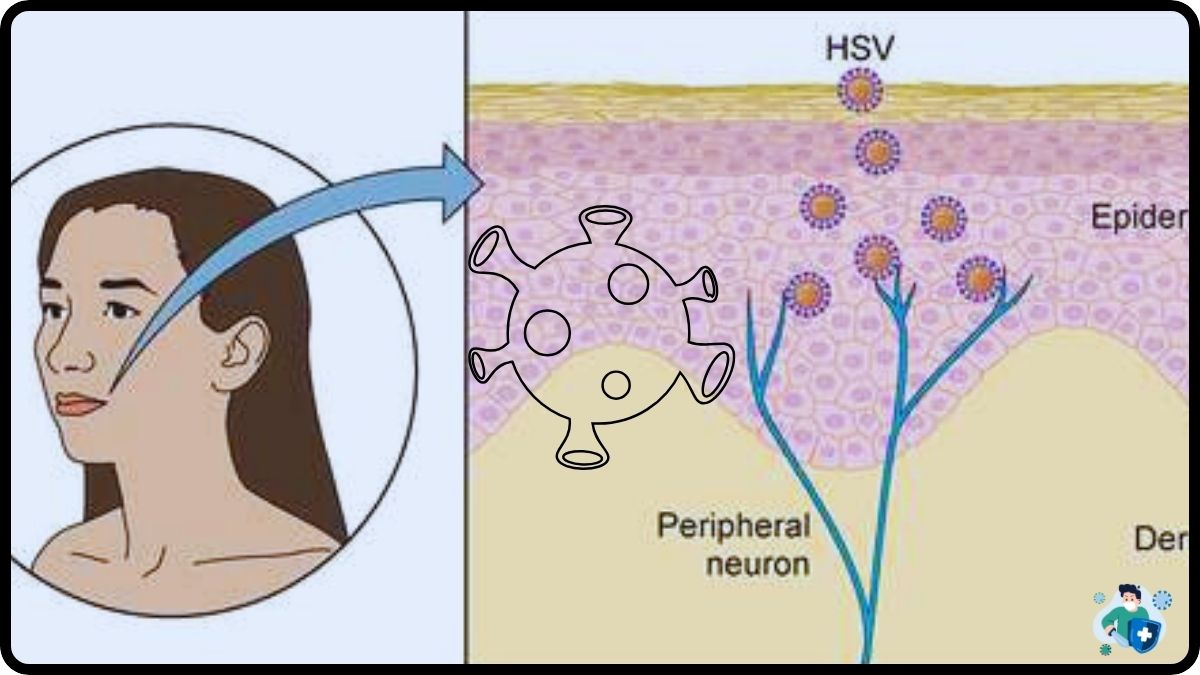
Leave a Reply Cancel reply